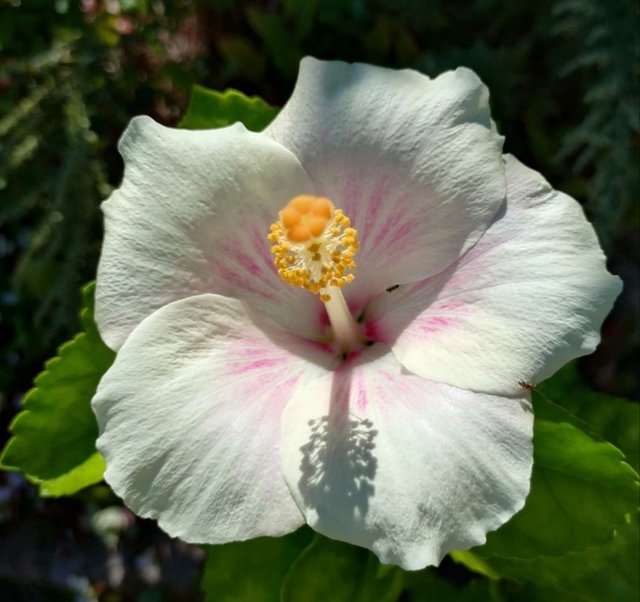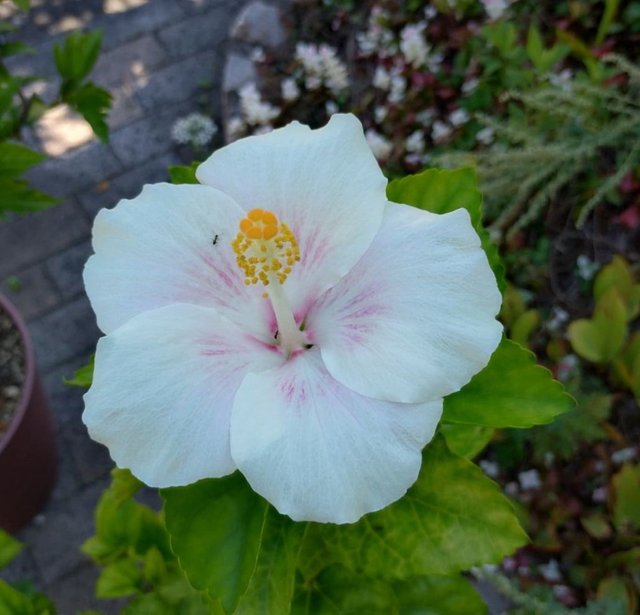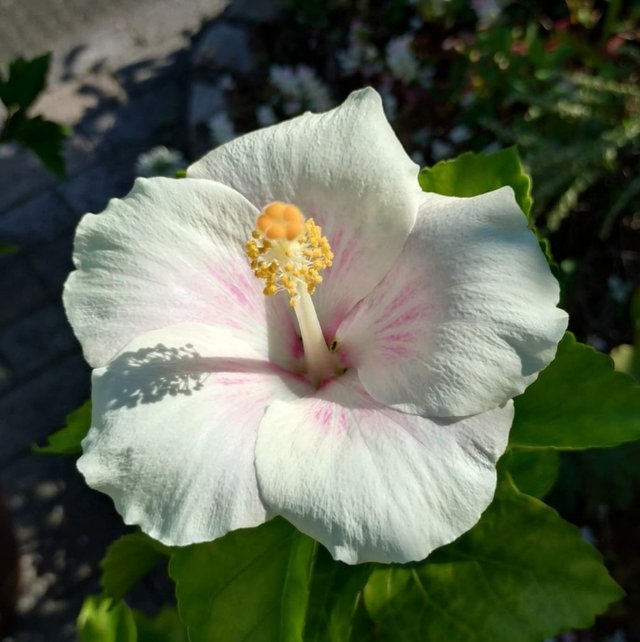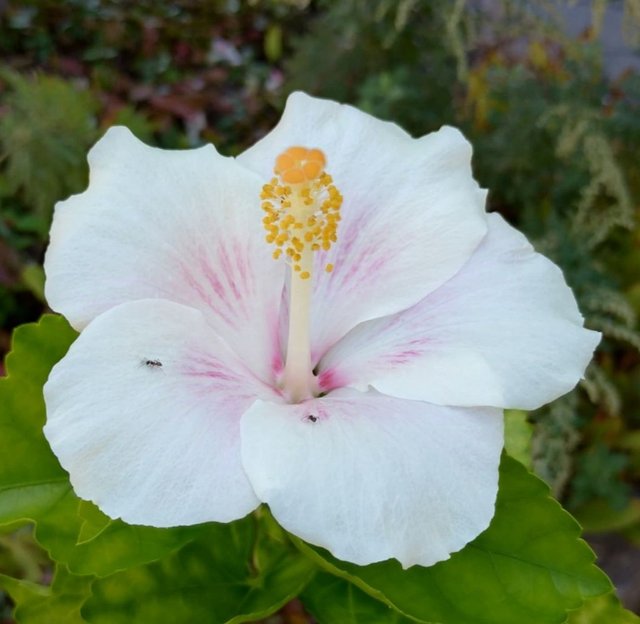The Common Hibiscus is one of the most iconic and recognizable flowering plants, often celebrated for its large, vibrant blooms. Known for its dazzling beauty and tropical flair, the hibiscus has become a staple in gardens and landscapes around the world. Despite being native to East Asia, it has spread far and wide due to its adaptability and striking appearance. This post will explore the hibiscus from a variety of perspectives, including its characteristics, uses, cultural significance, and care tips for gardeners.
Botanical Overview
The Common Hibiscus belongs to the family Malvaceae, which includes several other ornamental plants like okra and cotton. Hibiscus rosa-sinensis is an evergreen shrub that typically grows between 5 to 10 feet in height, though it can grow larger in optimal conditions. Its distinguishing feature is its large, showy flowers, which can measure up to 8 inches across. These flowers come in a variety of colors, from deep reds and pinks to bright yellows and oranges. Many cultivars have been developed over the years, offering even more diversity in petal shape, size, and color.
The hibiscus flower itself is trumpet-shaped with five petals and a prominent central column of stamens. Each bloom usually lasts for only one day, but the plant is so prolific that it continues producing flowers throughout the growing season, creating a constant display of color.
Cultural Significance and Symbolism
In various cultures, the hibiscus holds significant symbolism. In Hawaiian culture, the hibiscus is the state flower and is often associated with hospitality and warmth. It's a common sight in Hawaiian leis, floral arrangements, and garlands. Traditionally, women wear hibiscus flowers behind their ears to indicate their relationship status — behind the left ear signifies they are married or taken, while behind the right ear means they are available.
In Chinese culture, the hibiscus symbolizes wealth and fame. It is often used in artistic depictions to represent beauty and grace. Similarly, in South Asian countries like India and Malaysia, hibiscus flowers are often associated with the goddess Kali and are used in religious offerings and rituals.




Thanks For Reading
Device Information
| Device | Redmi Note 10 Pro |
|---|---|
| Lens | 64 mp |
| Location | Bangladesh |
